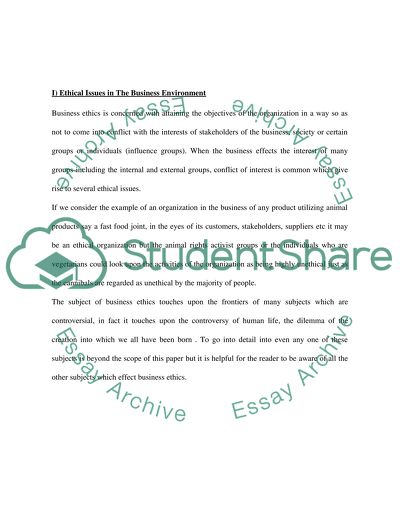Cite this document
(“Ethics and Governance Essay Example | Topics and Well Written Essays - 1500 words - 1”, n.d.)
Retrieved from https://studentshare.org/miscellaneous/1540602-ethics-and-governance
Retrieved from https://studentshare.org/miscellaneous/1540602-ethics-and-governance
(Ethics and Governance Essay Example | Topics and Well Written Essays - 1500 Words - 1)
https://studentshare.org/miscellaneous/1540602-ethics-and-governance.
https://studentshare.org/miscellaneous/1540602-ethics-and-governance.
“Ethics and Governance Essay Example | Topics and Well Written Essays - 1500 Words - 1”, n.d. https://studentshare.org/miscellaneous/1540602-ethics-and-governance.


